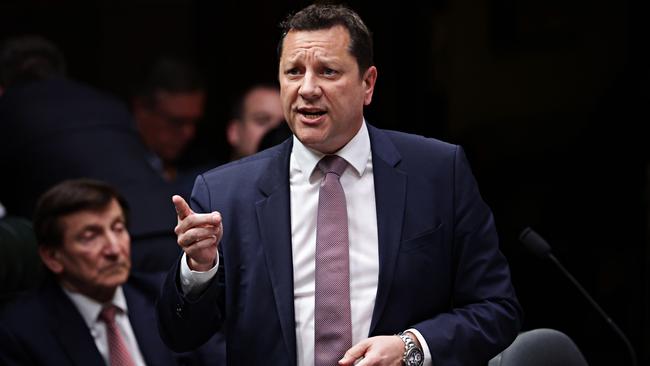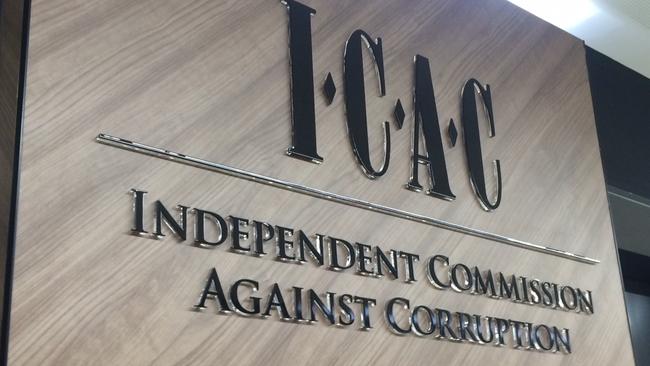NSW government to introduce ‘robust’ planning reform after ICAC’s Operation Dasha
The state government will introduce ‘robust’ planning reforms after ICAC’s Operation Dasha to close loopholes, strengthen framework and stop system ‘manipulation’.

The NSW government will introduce “robust” planning reforms after the state’s corruption watchdog recommended changes as part of Operation Dasha, which found councillors from a Sydney council corruptly “manipulated the system”.
It is the same operation that recommended prosecuting former NSW MP Daryl Maguire for allegedly giving misleading evidence. The former member for Wagga Wagga has since been charged.
NSW Planning Minister Paul Scully has accepted two recommendations by the Independent Commission Against Corruption, including a more transparent framework for development variations and a streamlined method to estimate project cost.
Operation Dasha in 2021 found two Canterbury councillors and the then city planning director engaged in “serious corrupt conduct” in planning proposals and applications, including failing to disclose relationships or interests when approving certain development applications.
ICAC issued 23 corruption-prevention recommendations, 18 of which related to the planning system, and blamed a “planning system that lacked effective anti-corruption safeguards” and a failure by the department to properly oversee Local Environment Plan amendments.
“A more robust planning system is what will help us prevent similar issues in the future,” Mr Scully said.

The reforms will come into effect on November 1, and the new cost method next March.
“ICAC concluded that a lack of planning safeguards had been a factor in corrupt planning decisions between 2014-16, so we’re introducing new ways to increase accountability and transparency,” Mr Scully said.
The changes would close loopholes.
“These new reforms are the latest in a raft of changes set to tighten controls, simplify rules, and make it harder for the planning system to be manipulated – we are stamping out this kind of behaviour and strengthening integrity measures in the planning system,” he said.
The amendments to the Planning and Assessment Act simplify and strengthen the reporting framework, requiring variation requests be made available on the NSW Planning Portal and that councils show the reasons for their decisions – allowing the department to capture live variation consents across councils, elevating its own oversight.

The planning department has also accepted ICAC’s recommendation of a streamlined process to calculate development costs.
Previously, two methods were used to calculate development cost, which, the watchdog said, were “vulnerable to manipulation”.
“The complexity created inconsistencies and made it hard to verify results … a single cost definition would reduce opportunities for manipulation, which gives us a simple, verifiable method to calculate development costs,” the planning department said in explaining the changes.
ICAC’s Operation Dasha, which investigated the former Canterbury Council, and handed down its findings in 2021, found that councillors Michael Hawatt and Pierre Azzi, and then city planning director Spiro Stavis, engaged in serious corrupt conduct between 2014 and 2016.
Mr Hawatt and Mr Azzi allegedly failed to disclose their relationships with developers when voting in favour of certain applications and modifications, while the watchdog found that Mr Stavis allegedly misused his position for his neighbour’s DA, among others.




